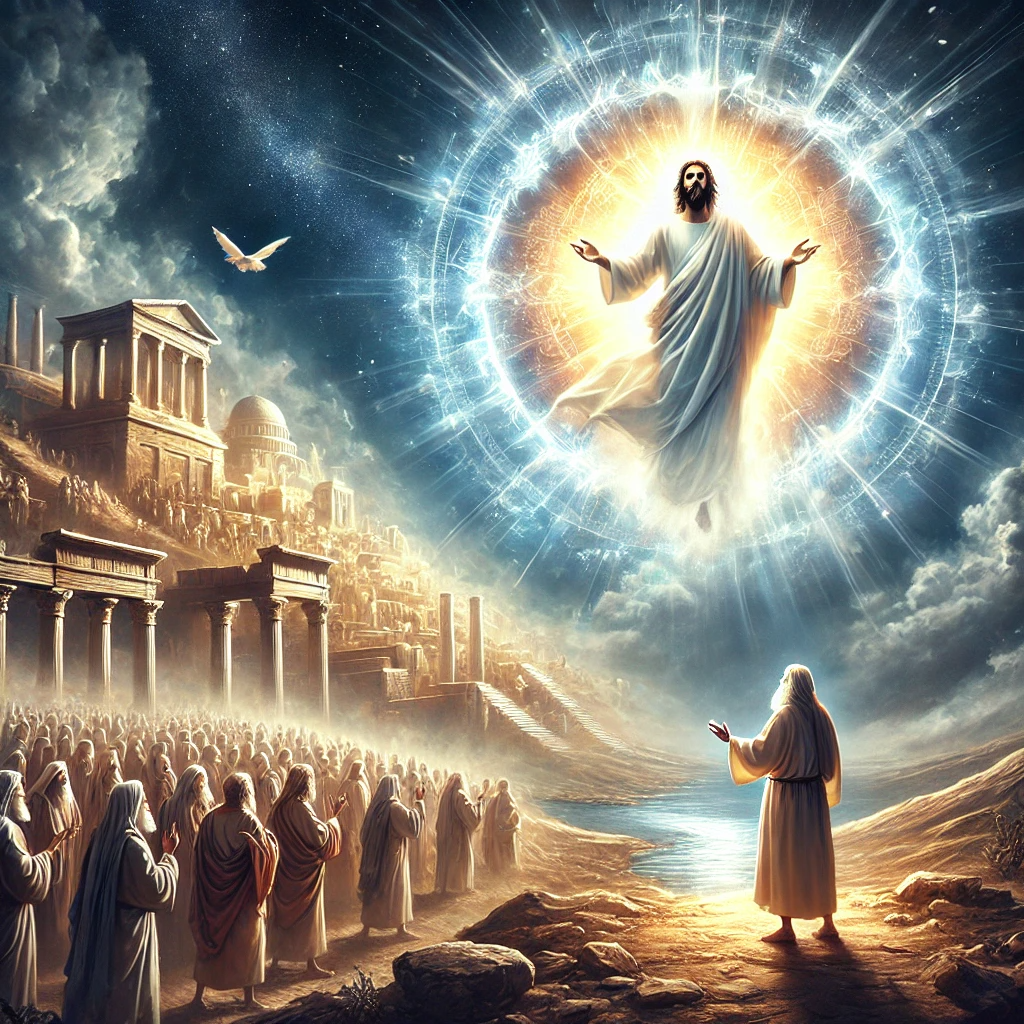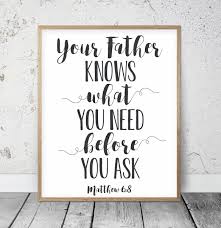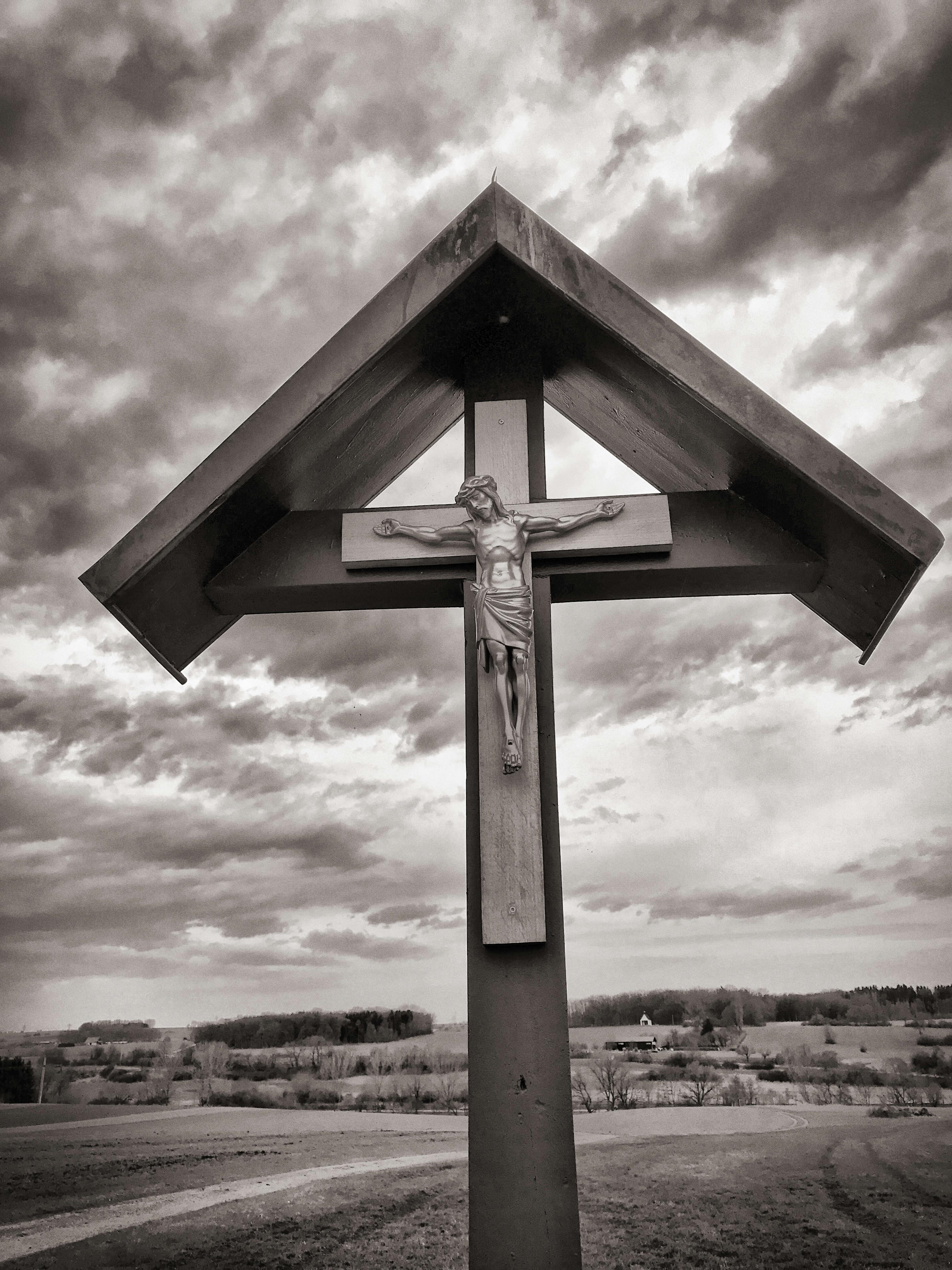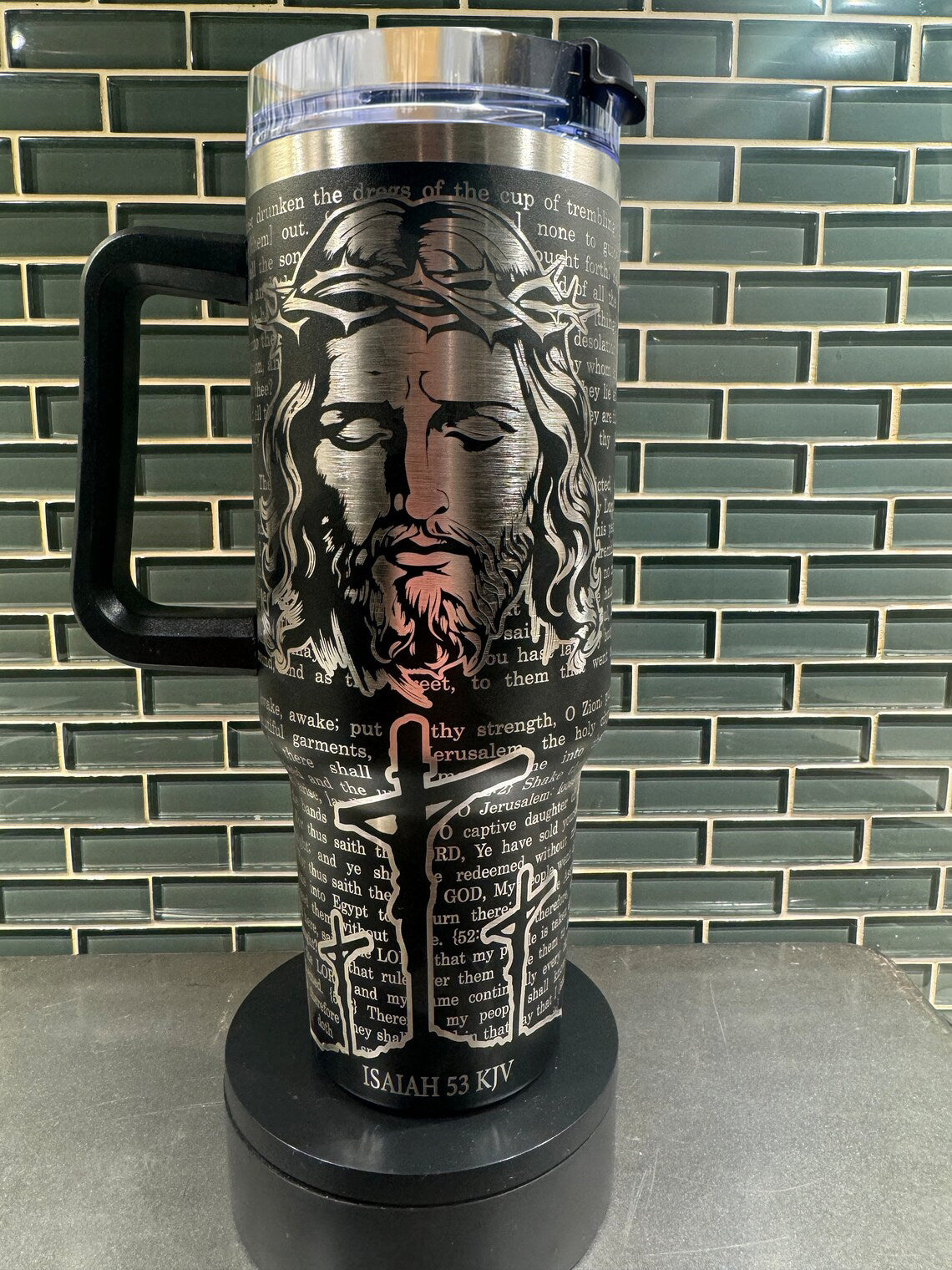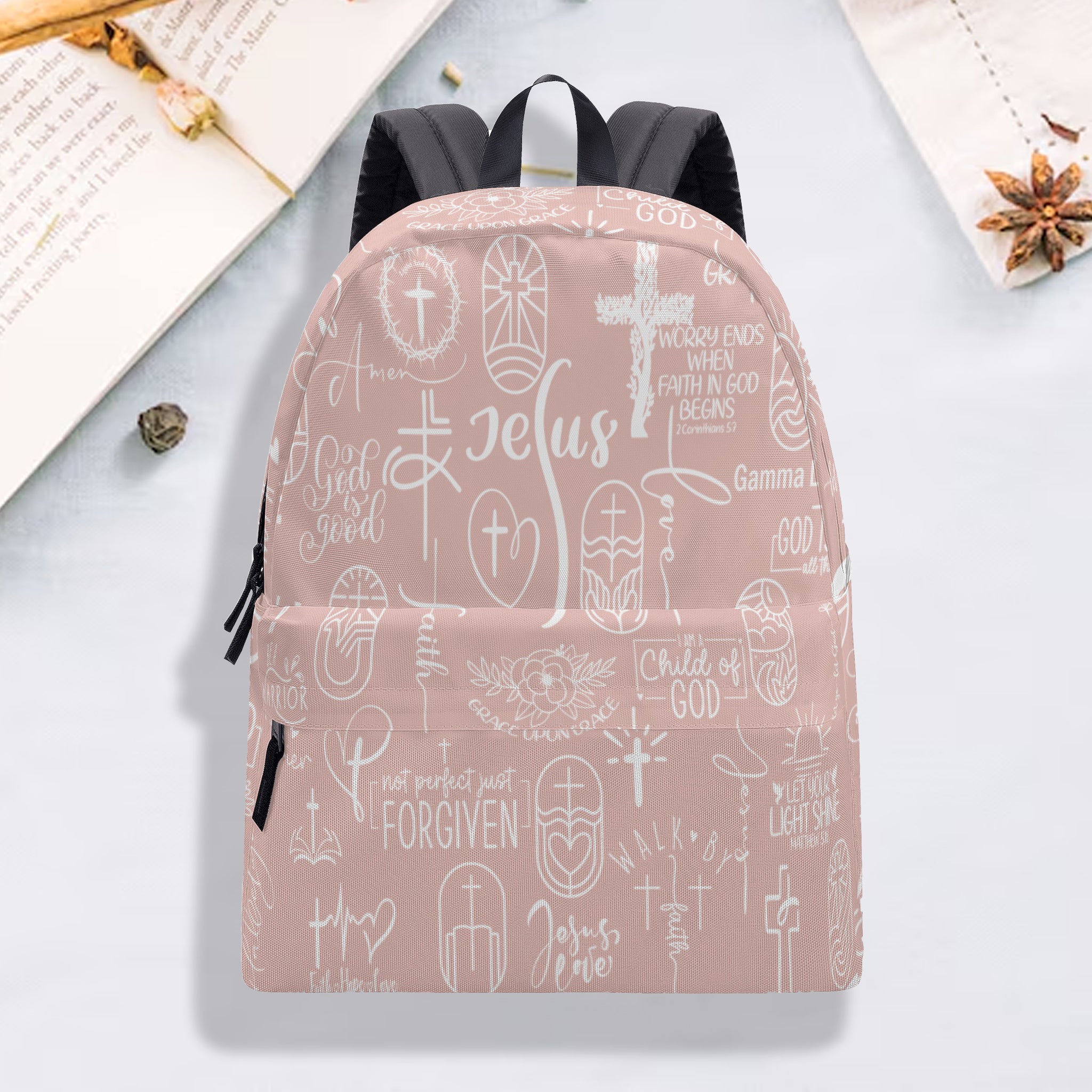The Origin and Significance of Passover
Passover, or Pesach in Hebrew, is one of the most significant holidays in Judaism, celebrated annually to commemorate the liberation of the Jewish people from slavery in Egypt. This holiday is not only deeply religious but also symbolizes freedom, hope, and resilience. But what exactly is the origin of Passover, and what does it mean to those who celebrate it?
The Origin of Passover
Passover originates from a story in the Hebrew Bible, particularly the book of Exodus. The narrative tells of the Israelites’ enslavement in Egypt under the oppressive rule of Pharaoh. After many years of suffering, God chose Moses, a Jewish man, to lead the people to freedom in the land of Canaan.
During this time, God sent a series of ten plagues to Egypt to convince Pharaoh to release the Israelites. The final and most devastating plague was the death of every firstborn in the land of Egypt. However, God instructed the Israelites to mark their doorposts with the blood of a lamb, so when the plague came, God would "pass over" (hence the name Passover) their homes and spare the lives of their children.
After this final plague, Pharaoh relented and allowed the Israelites to leave Egypt. The Israelites then began their journey through the parted Red Sea, heading toward the promised land. Passover is celebrated every year to remember this great act of deliverance and God's protection over the Jewish people.
Passover Customs and Traditions
Passover lasts for 7 or 8 days (depending on the Jewish community’s tradition) and begins on the 15th of Nisan in the Hebrew calendar, which usually falls in March or April. The holiday is marked by various rituals and customs that hold deep symbolic meaning.
The Seder Meal: One of the most important parts of Passover is the Seder meal, which takes place on the first (and sometimes second) night of the holiday. During the Seder, Jewish families gather to read from the Haggadah, a special text that recounts the story of the Exodus. The Seder plate holds symbolic foods, each with its meaning:
- Matzah (unleavened bread): Represents the haste with which the Israelites left Egypt, having no time to let their bread rise.
- Maror (bitter herbs): Symbolizes the bitterness of slavery.
- Charoset (a mixture of apples, cinnamon, and wine): Represents the mortar used by the Israelites when they were forced to build for the Egyptians.
- Karpas (parsley or other greens): Dipped in saltwater to represent the tears of the slaves.
The Afikoman: A fun tradition during the Seder is the "Afikoman" game, where a piece of matzah is hidden in the house, and children are tasked with finding it. The Afikoman symbolizes the final piece of the meal, which will be eaten at the end of the Seder.
Spiritual and Social Significance
Passover is not only a time to remember the past but also a moment to reflect on the values of freedom, justice, and resilience. For Jews, it is an opportunity to recall the suffering of their ancestors in Egypt and the importance of freedom in shaping their identity. The holiday serves as a reminder of God's protection and the resilience of the Jewish people throughout history.
Additionally, Passover is a time for families and communities to come together, celebrate unity, and express gratitude for the freedoms they have. It is a time of renewal, not only of religious faith but of the bonds that connect families and Jewish communities across generations.
Passover in the Modern World
Today, Passover is celebrated not only within Jewish communities but also garners attention from people around the world, including those who are not Jewish. Its message of freedom and justice resonates with people of all backgrounds. From being a religious observance, Passover has become a global symbol of the fight for liberty and human rights.
The holiday’s message also emphasizes the importance of remembering the past so that we do not forget the lessons it teaches. It is a reminder that freedom is something to be valued and protected, and every individual and nation has the right to live in a world free from oppression and injustice.
Passover is a holiday rich in historical, religious, and cultural significance. It is a time to remember the liberation of the Jewish people from slavery and to reflect on the enduring values of freedom, justice, and hope. Although thousands of years have passed, the lessons from the story of Passover continue to inspire and guide new generations, encouraging a commitment to a world where liberty, dignity, and equality are cherished by all.
Check out some Catholic inspired designs here





